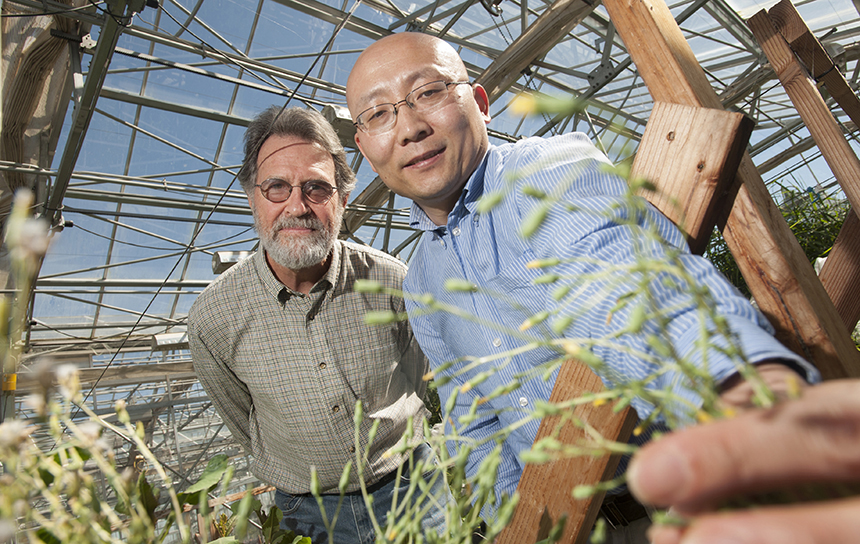Food security. No, it doesn’t mean keeping your favorite snacks away from your ravenous roommate. Actually, the phrase is defined as the level of access an individual or community has to a supply of quality food.
Similar to any other element necessary for our survival as a species, humanity has always struggled with establishing a viable method for feeding our ever-growing population. Projected to hit nine billion by 2050, the need for sustainable agriculture and a dependable means for providing a sufficient food supply for the world has never been more frighteningly real.

Photo courtesy of caes.ucdavis.edu
Enter the University of California Global Food Initiative (UCGFI). The University of California is a public university system with 10 different colleges. In July of 2014, the leadership of the UC system decided to collectively come up with a way to utilize the resources of all 10 campuses to better understand and solve the issues of food security and sustainability across the globe. The UCGFI has since created a whole slew of neat lil’ subcommittees dedicated to different approaches aimed at addressing the most pertinent problems at hand.
Ranging from lecture-based curriculum at UC campuses about food literacy and equity to establishing zero waste dining and waste reduction policies, the University of California has made a substantial effort towards pioneering food research and security at the university level. As a university coalition based in a state that is responsible for producing a great deal of our nation’s agriculture, the UCGFI uses the state’s unique farm industry to its advantage.
Yes, I’m talking about farmer’s markets. Held on a weekly basis on multiple UC campuses, your favorite locally grown and sourced produce and products (think top-notch squash and scrumptious hummus) are made available to the community. Efforts have also been made to spread food curriculum beyond the university setting into K-12 classrooms for the purpose of expanding food education to local young’ins.
Several active community-based programs concerning food security in local areas have also been established on UC campuses. Such initiatives include food banks and pantries that provide nutritional, basic food supplies to students lacking access to them. Another notable program is Swipe Out Hunger, a donation service using unused student meal swipes to feed local homeless communities and food insecure students.
There is also no shortage of empirical, data-based field work being done. Yes, fish are friends — but also food. In early 2015, UC Santa Barbara held Food From the Sea, a summit concerning sustainable fishing practices and seafood production. In addition, UC San Diego works on the ongoing Urban Agriculture and Food Disparities project, devoted towards analyzing and bolstering urban agricultural practices and increasing food security in low-income neighborhoods.

Photo courtesy of Don McCullough on flickr.com
As a UC student and a lover of all things edible, it makes me proud to know that my own university is making strides in creating a world where sustainable agriculture and food security could become standard everywhere. As a global citizen, it makes me hopeful for the future in knowing that research and policy work is being done to beat out the age-old issue of feeding humanity.
Fear not, friends — we can fight together against world hunger.


